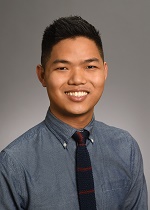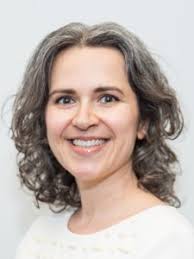Approximately 74,000 individuals in the U.S. are diagnosed with invasive melanoma yearly, and about 10,000 will die from the disease. Trends for melanoma incidence have increased for men and women. People with a history of melanoma have 10 times greater risk of developing a second primary melanoma relative to the general population. Early detection is extremely important.
Research supports melanoma survivor and partner skin self-examination training programs to be an effective early detection strategy. Evidence-based training programs are a reliable and accurate way to teach skin self-examination behaviors. Population-based studies have identified sexual minority populations may have higher levels of engagement in cancer risk behaviors (e.g., smoking) than their heterosexual peers.
This symposium will:
a. review how to do skin self-examination using evidence based methods and data
b. train LGBTQ researchers in the latest cancer research findings and specifically about skin cancer research
Presenter:
Howa Yeung, MD, Assistant Professor of Dermatology, Emory University School of Medicine

Introduction by Conference Co-Chair Francesca Gaiba, PhD, Northwestern University

Approximately 74,000 individuals in the U.S. are diagnosed with invasive melanoma yearly, and about 10,000 will die from the disease. Trends for melanoma incidence have increased for men and women. People with a history of melanoma have 10 times greater risk of developing a second primary melanoma relative to the general population. Early detection is extremely important.
Research supports melanoma survivor and partner skin self-examination training programs to be an effective early detection strategy. Evidence-based training programs are a reliable and accurate way to teach skin self-examination behaviors. Population-based studies have identified sexual minority populations may have higher levels of engagement in cancer risk behaviors (e.g., smoking) than their heterosexual peers.
This symposium will:
a. review how to do skin self-examination using evidence based methods and data
b. train LGBTQ researchers in the latest cancer research findings and specifically about skin cancer research
Presenter:
Howa Yeung, MD, Assistant Professor of Dermatology, Emory University School of Medicine
Introduction by Conference Co-Chair Francesca Gaiba, PhD, Northwestern University
Lullwater Ballroom 2019 National LGBTQ Health Conference nationalLGBTQHealthConference@gmail.comTechnical Issues?
If you're experiencing playback problems, try adjusting the quality or refreshing the page.
Questions for Speakers?
Use the Q&A tab to submit questions that may be addressed in follow-up sessions.